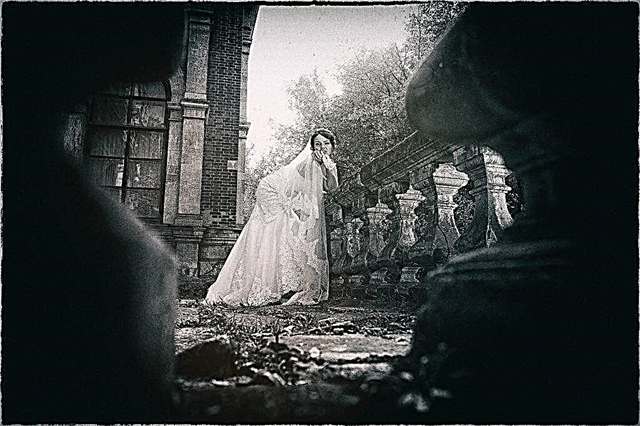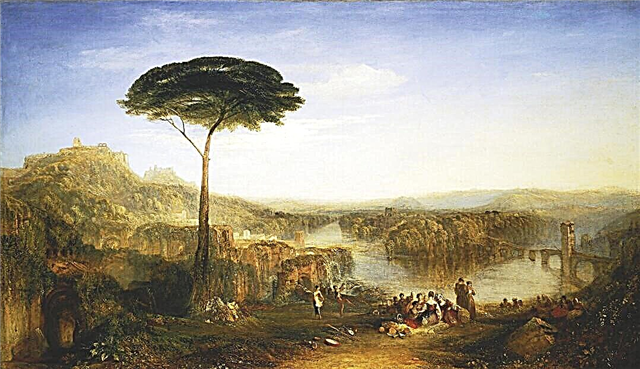(350 words) F.M. Dostoevsky wrote that all Russian writers left Gogol's "Overcoat." This work is considered one of the best in the work of Nikolai Vasilievich and one of the first in the literature to reveal the theme of "little man." The author’s position is humanistic, because it is he who sympathizes with his hero, and does not make fun of him.
Gogol bitterly describes the life of a humble official in the years of Bashmachkin Akaky Akakievich. The image of St. Petersburg in which the hero lives is symbolic in terms of stagnation, cold and hopelessness. The harsh climate echoes the biography of Akaki Akakievich. A weak person in these conditions could not have a different fate.
In the service, Bashmachkin was constantly faced with ridicule, reproach and humiliation from his colleagues. None of them took into account his venerable age, and each allowed himself any liberty with regard to him. Akaki Akakievich humbly endured everything and went headlong to work. Gogol empathizes with him, this feeling is transmitted to the reader. For the first time, we notice the sympathy of one colleague Bashmachkin, when the latter, unable to withstand another taunt, exclaims: “Leave me, why are you offending me?” These sincere words become the first alarm bell signaling a lack of compassion that will lead to a tragic ending.
When Akaki Akakievich orders a new overcoat from a tailor, we notice a change in it. The hero was inspired in anticipation of a new thing. A subconsciously new overcoat would serve him as a pass to the bureaucratic world, where they would be imbued with respect. But what do we see in the future? Colleagues expressed some reverence for him, but the effect was fleeting. Nobody noticed the man under the cloth. And the overcoat was ripped off his shoulders right on the street, in severe frost. And then the hero again has to experience indifference from those to whom he ran for help. The superior official only yelled at poor Bashmachkin. However, he repeatedly recalled how he had unfairly treated that timid petitioner. Having learned about the sudden death of Akaky Akakievich, a significant face felt even remorse. But nothing could be changed.
At the end of the story, Gogol illustrates the triumph of justice through fantastic episodes with a ghost ripping off his greatcoat from the townspeople. As a result, a significant person gives him his overcoat as a reward for indifference to a humiliated person. Through these episodes, the author reminds us of the need for caring for each other and timely compassion.



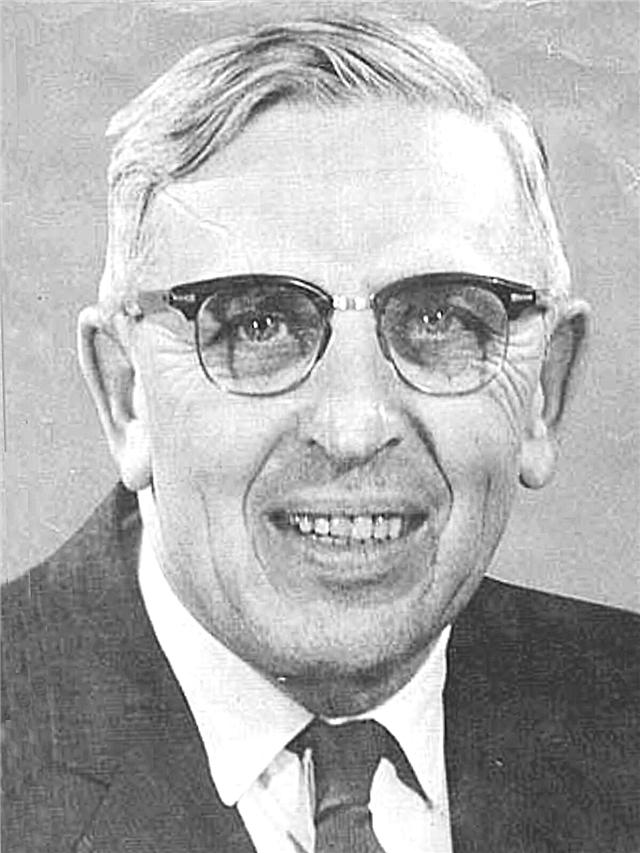
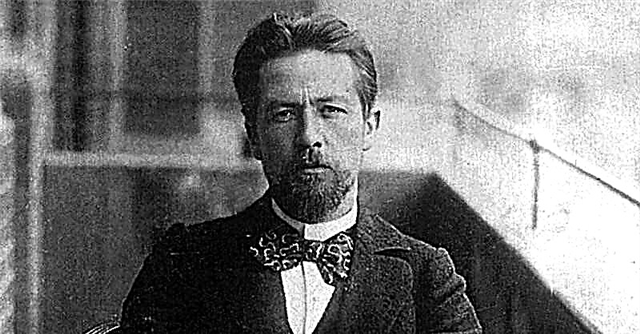
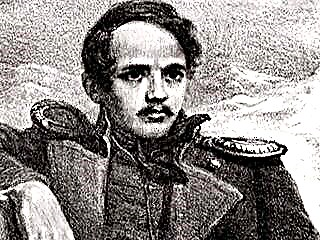

 twelfth Night
twelfth Night


